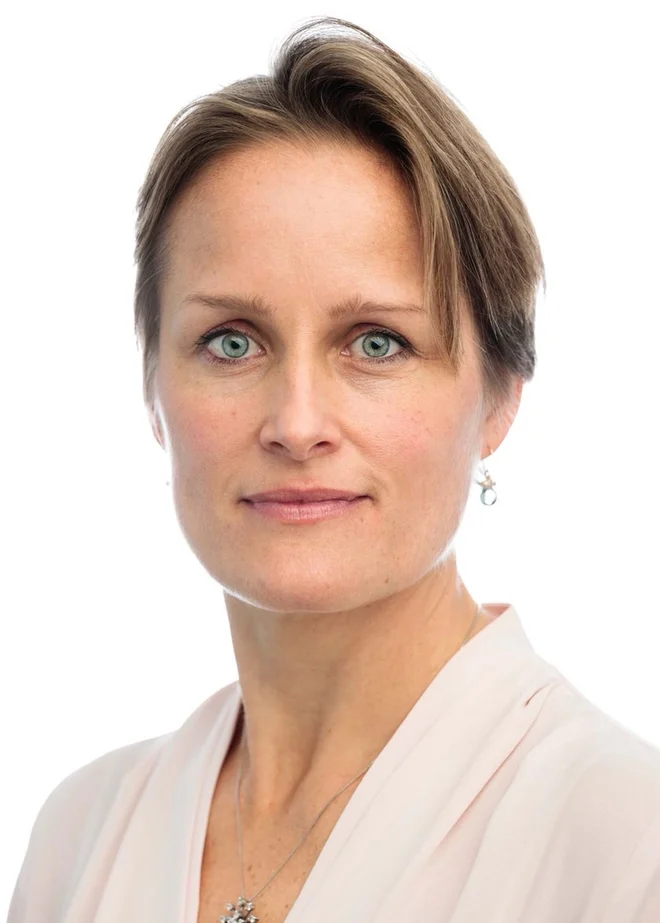Mr Rupel, let’s look at the facts about expatriates

Lord Dimitrij Rupel In his own, especially in the past, the written record published in the Saturday Annex of Delo 7. June writes about biased staffing, especially in socialism. He points out that the consequences of such inequality are significant after the replacement of power. Immediately after the exposure of the killing of ideological opponents after World War II, he turns to Slovenian expatriates (not only after World War II), who have achieved significant professional success abroad. Of many, he specifically names four.
First, Joe Sutterwas born in 1921 in Seattle, Washington. Slovenian expatriate was his father Franc Suhadolcattracted by gold fever in the US, probably in the late 19th century. Therefore, we cannot speak of any negative personnel selection, politically or ideologically conditioned inequality or communist prosecution of former social, professional, bourgeois elites (source of Wikipedia).
At another, Anton Peterlincould believe that it was political motives as it was supposed to be after the successful establishment and management of the institute Joseph Stefan In 1959 he removed and continued his career in Munich, Germany in 1960, and went to the United States a year later, where he remained. At least he writes on the SAZU website, whose full member was. Considering the fact that he remained a regular member of the SAZU, in 1983 received the Kidric Award for Lifetime Achievement and in 1988 Honorary Ph.D. Anton Peterlin He was not very deep and time consuming. I suppose for him, the US career opportunities were much more attractive than at home, which is the case for many ambitious individuals today.
The third mentioned, Dušan Petracafter graduating in physics in his homeland, he taught for some time at the gymnasium, and then probably a professional ambition, along with the right opportunity, lured him to California (USA), where he received his PhD and made an exemplary scientific career. Such are the allegations of Delo, the World Slovenian Congress and Trombi. As a high school professor in Kranj, despite the possible ideological integrity and political support, it would probably be much more difficult.
Anton Mauritic She is the fourth successful Slovenian expatriate, cited by Mr. Rupel. In his short CV, he writes on the SAZU website that he was invited by his uncle before the end of his electrical engineering in the US. There he continued his studies and achieved the title of B.Sc. and M.Sc., which in my understanding somehow suits the current first and second Bologna levels. After completing his studies, he returned home for military service, and then went back to the United States, where he remained. I also do not perceive a political or ideological cause of going abroad.
This part of its record Mr. Rupel concludes with the finding that « Brain Drain » is a loss for the country of eviction and a gain for the country of immigration. Considering the fact that the three have maintained quite close contacts with their homeland, and two were even regular members of the SAZU, I assume that some of these « drained brain », knowledge and mind returned to us and that this prompted further exchange of knowledge. Perhaps not exactly a co -exchange, but some exchange, the flow of fresh knowledge, different views and practices, opening opportunities.
Above all, I understand the contours of the CVs of these successful people so that, more than politics and ideology, they have been great ambitions, the desire for professional and scientific engagement in areas in which they could not achieve top level in Slovenia or in Yugoslavia. And so it will continue in the future, regardless of the political regime or the dominant ideology. I see the fight against the ambitions of individuals, even if they lead you to the drain of knowledge and mind from our country, as a restriction of personal ambitions, restricting above average, moracing the potential of the elite.
Let me conclude with the question of whether it would be better for Slovenia if Dušan Petrac remained a high school professor in Kranj? What was the possibility of realizing his youthful professional wishes and professional ambitions here?
***
Bojan Prosenc, Ljubljana
The article is the opinion of the author and does not necessarily express the views of the editorial board.







